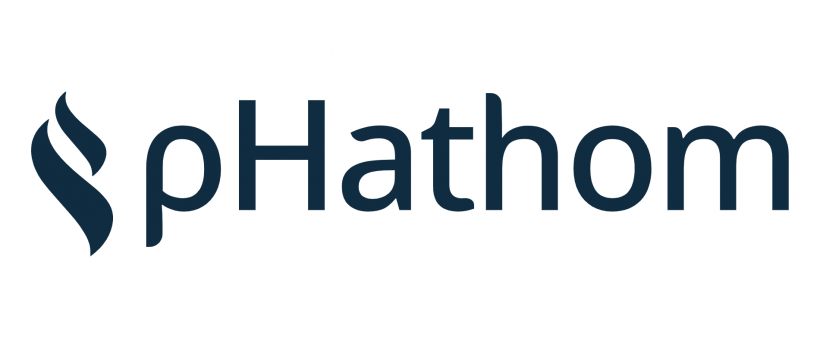Dartmouth pharmaceuticals company Sona Nanotech has raised money via a private placement share sale for the second time this year, capitalizing on recent increases in its stock price.
In a statement Monday, Sona, which trades on the Canadian Securities Exchange, said it had sold an additional 3.75 million shares to raise $750,000. The deal comes in the wake of a similar $1.1 million share issuance earlier this year, as well as Sona acquiring Boulder, Co.-based Siva Therapeutics for as much as US$8.7 million. The company plans to sell another $60,000 worth of shares via private placement on Dec. 1.
Sona shares have rallied about two and a half cents on the news to 23.5 cents, cementing a strong year that has seen the share price increase from 8.5 cents in January.
The company’s core innovation, developed at St. Francis Xavier University a decade ago, is a process to produce industrial quantities of gold nanorods, which have various medical uses. Unlike its competitors, The company says its process does not produce toxins, which means its nanoparticles can be used safely within the human body.
As a merged business, Sona and Siva plan to use Sona’s nanorods in a process called targeted hyperthermia, or THT, whereby bio-compatible gold nanorods are injected into a cancerous tumor and heated using infrared light. The process shrinks the tumor and makes other drugs more effective with less harm than chemotherapy to other organs, the company says.
“The nanotechnology industry has been very much focused on advances in medical applications and there are numerous ones that have been explored,” said Sona CEO David Regan in June. “It’s not a short road -- that’s for sure. But it’s a really good time right now because of the research that’s gone before us.”
An initial study of the THT technology’s efficacy in mice is underway now, with results expected by the end of the year, and earlier this year Sona inked a deal with Minnesota-based Minnetronix Medical to manufacture a prototype device to produce the infrared light for THT. Regan said in June he hopes to start human trials in 2024.
“Earlier this year, Sona developed a plan to secure the FDA Investigational Device Exemption necessary to permit human trials for our THT therapy, which is the strategic priority for the company,” said Regan in an investor update last month. “Thanks to our purpose-built, strengthened team, Sona has made significant advancements towards this goal and has reduced the number of ‘unknowns’ in our development program by working with leading, experienced advisors and partners.
“All of these deliverables will advance our mission to develop a treatment therapy for colorectal cancer sufferers with less collateral damage than happens under the current standard of care.”










